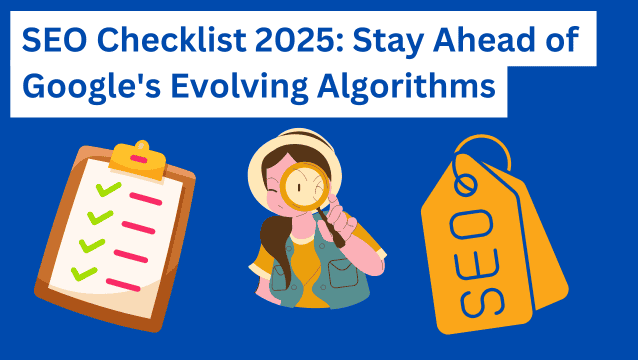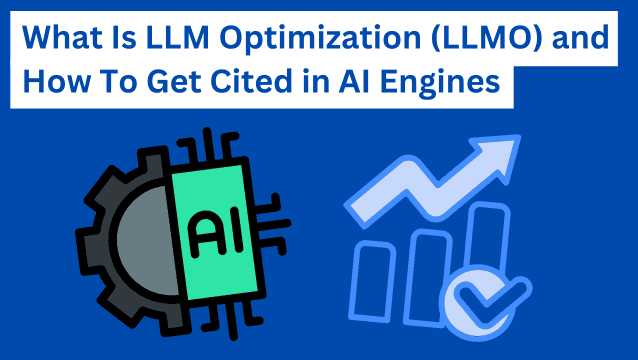In a recent LinkedIn post, Google’s Gary Illyes advises users of large language models (LLMs) to check authoritative sources against AI-generated answers.
Gary Illyes repeated recent advice from Google’s John Mueller on using authoritative sources and personal knowledge to cross-check LLM answers, saying:
- “Based on their training data, LLMs find the most suitable words, phrases, and sentences that align with a prompt’s context and meaning.”
- “This allows them to generate relevant and coherent responses. But not necessarily factually correct ones.”
Large language models recap
Large language models (LLMs) are pre-trained machine-learning models that use vast amounts of data (hence the name large) to understand and generate text, such as answering questions.
LLMs provide this data using a neural network (called a transformer model) that uses an encoder and decoder to create self-attention capabilities.
The Grounding strategy
Illyes’s answer to the LinkedIn question explains how LLMs find suitable text that aligns with the question to generate relevant and coherent responses. Still, he emphasizes those responses are only sometimes factually correct.
Gary also mentions the grounding technique that can increase an LLM’s factual accuracy but advises that whilst grounding helps reduce imperfection by connecting an LLM with real-world knowledge and authoritative facts, it isn’t perfect.
Gary posted on LinkedIn:
Gary finished his answer with a bit of humor, saying,
- Alas. This post is also online, and I might be an LLM. Eh, you do you.
Google repeats caution with AI-generated answers
Gary’s reply came a few days after Google’s senior search analyst, John Mueller, recommended that we shouldn’t use LLMs for SEO advice.
Mueller wrote on LinkedIn:
Looking forward
Gary and John’s answers reminds publishers that relevance and usefulness come before authoritativeness regarding content.
Mueller’s recent admission that Google ranks Redditors over industry experts based on the usefulness of the information, not the authoritativeness, confirms how Google is (in one way) currently ranking content.
So, when using LLMs to rank in Google, publishers must double-check their content to ensure it complies with real-world relevant knowledge based on facts, not AI fiction.


